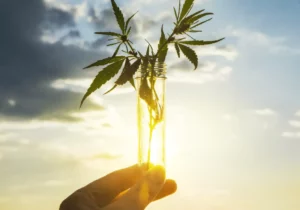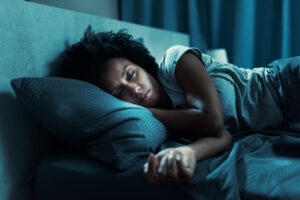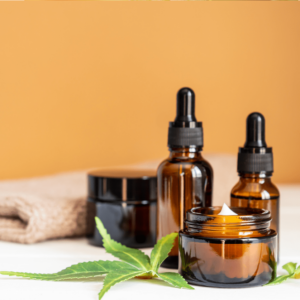"Thanks!"
Hi there!
The causes of SAD are not fully understood. However, recent research suggests that people with SAD regulate serotonin differently in comparison to others. In a 2016 study, researchers found that those with SAD had increased Serotonin Transporter (SERT or 5-HTT) activity during the autumn and winter months in comparison to those without SAD. SERT carries serotonin back into the presynaptic neurons where it lies dormant; thus, higher SERT activity results in lower amounts of serotonin available to bind the postsynaptic-subtype of serotonin receptor (5-HT1A) responsible for serotonin’s anti-depressant effects.
https://www.ncbi.nlm.nih.gov/pubmed/27087270
Restoring activity in serotonin pathways—by increasing the serotonin available to bind the 5-HT1A receptor in the brain—is how SSRIs (Selective Serotonin Reuptake Inhibitors) are thought to alleviate anxiety and depression. In fact, SSRIs do so by inhibiting the aforementioned Serotonin Transporter (SERT or 5-HTT).
drkim
Indeed, several recently published studies suggest that CBD reduces depression and anxiety symptoms similarly to the way SSRIs do. However, CBD does so, not by increasing the serotonin available to bind 5-HT1A receptors as SSRIs do, but by mimicking serotonin’s action at the 5-HT1A receptor; or, in scientific terms: CBD is a 5-HT1A receptor agonist.
https://www.ncbi.nlm.nih.gov/pubmed/1625885
https://www.ncbi.nlm.nih.gov/pubmed/24923339
https://www.ncbi.nlm.nih.gov/pubmed/26711860
For most patients, I recommend taking 10 to 20 milligrams of CBD, two to three times per day, in addition to phototherapy. People with SAD may also produce less vitamin D, which is also believed to play a role in serotonin activity. A 1999 study concluded that "improvement in vitamin D levels was significantly associated with improvement in depression scale." I recommend taking 5,000 iu of vitamin D3 (not D2) each day.
https://www.ncbi.nlm.nih.gov/pubmed/10888476
I hope this helps!
drkim





